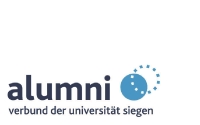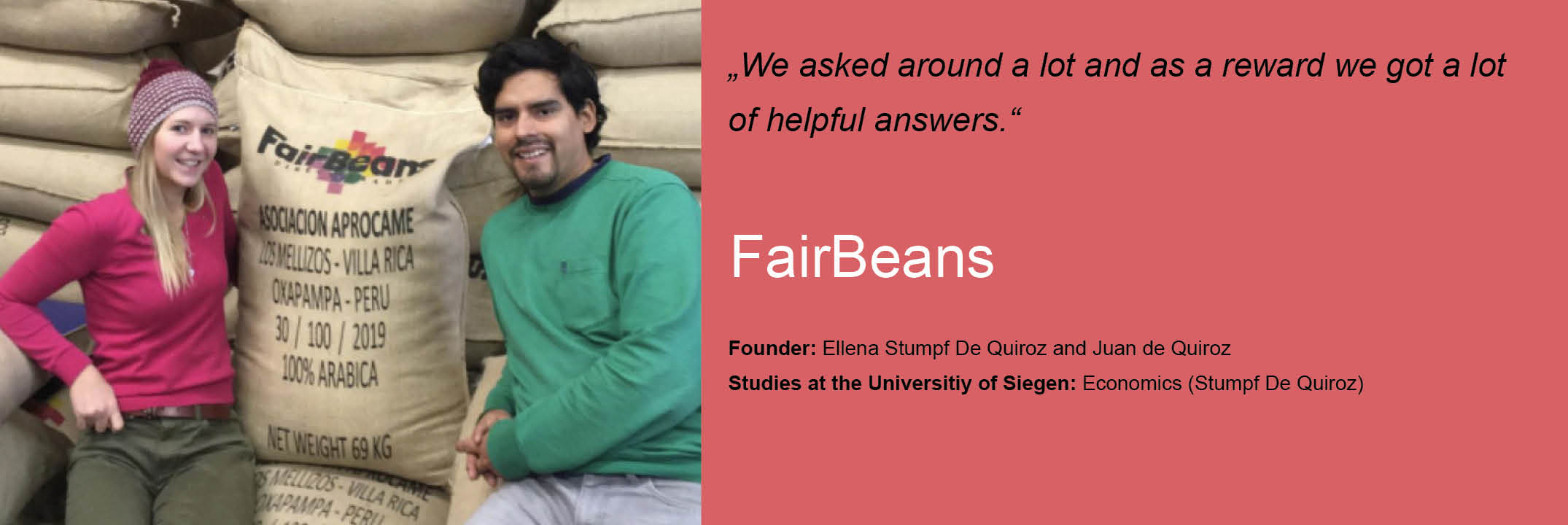FairBeans
The company "Fairbeans," founded in 2019 by Ellena Stumpf De Quiroz and her partner Juan de Quiroz, based in Büderich, stands for the direct trade of raw coffee beans from Villa Rica, Peru. The civil engineer and the economist obtained their bachelor's degrees from the University of Southern Indiana in the USA. Subsequently (2014), they lived in Peru for six months. Upon returning to Germany, Ellena completed her master's degree in economics at the University of Siegen. The company collaborates with Finkas in Peru, where Juan has his roots; the founders visit the coffee farms there at least once a year.
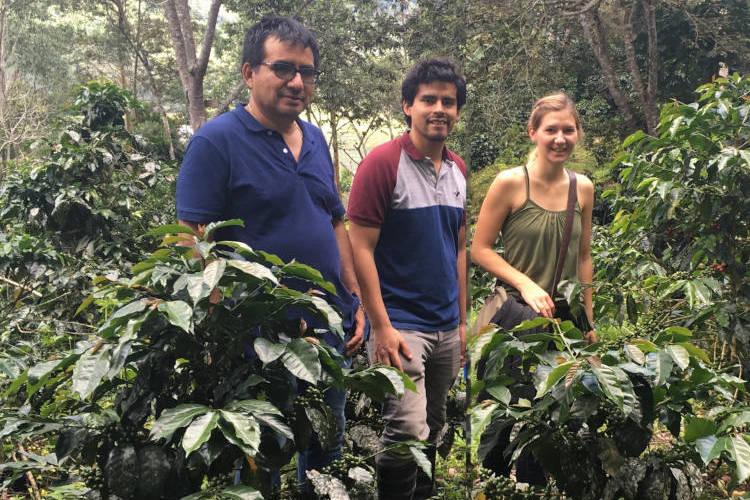
How did you come up with the idea for "FairBeans"?
During our stay in Peru (2014), we already contemplated how we could improve the living situation (at least for some) Peruvians. We initially thought of founding an NGO, but quickly abandoned that idea. We didn't want to simply donate money. After attending a barista course several years later, it suddenly clicked for us. We would bring raw coffee to Germany or Europe.
After initial research, we found that there are now over 1,000 coffee roasteries in Germany alone, and the number is steadily increasing. In theory, our idea of importing raw coffee would be viable. We flew back to Peru, but this time with a clear goal in mind – to have in-depth conversations with coffee farmers. Many farmers told us that they can barely sustain their farms, relying heavily on bank loans (with high interest rates, around 20%). Due to low prices, their coffee doesn't even cover the living expenses for their families. We tasted their coffees and found them to be of very high quality. So in 2019, we gathered the courage, founded our company, and by the end of the year, we imported our first container.
What is behind the "FairBeans" initiative?
We represent coffee farmers from Villa Rica. We always like to say that FairBeans is the bridge between farmers and coffee roasteries. FairBeans is the opportunity for coffee farmers to offer their excellent product in a market that values their product. (Our company logo depicts a Chakana. This is the Inca cross of the Andes. It symbolizes a bridge.)
Direct trade, the direct connection between farmers and coffee roasteries, is FairBeans' mission. Sustainability, transparency, quality coffee, and social responsibility make FairBeans possible. The coffee roasters enjoy 100% traceability of their excellent raw material, while the farmers appreciate stable and high payment and a reliable partner.
In detail, our task includes coordinating all work steps in Peru, quality management in the country of origin, export and import processing, as well as marketing and transportation handling in Germany and Europe.
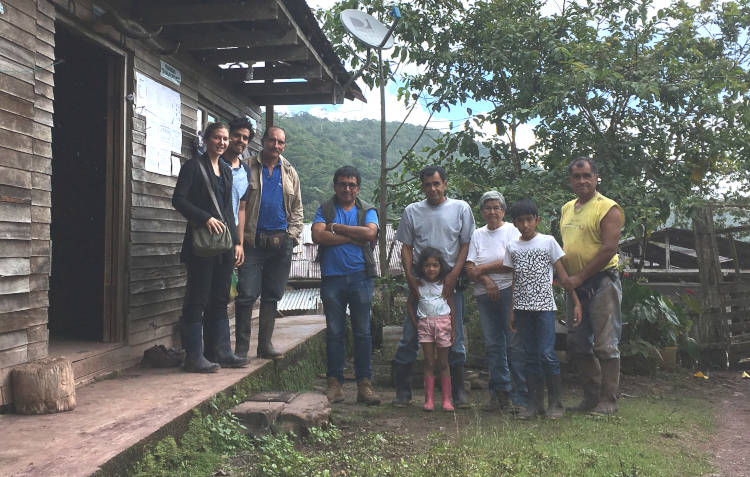
What was the biggest challenge in founding the company?
The founding process itself went pretty quickly. We gathered the materials we needed for founding from the internet, and our company was established. If I had to categorize it, the biggest challenge was how we would bring the raw coffee here. Since neither Juan nor I had ever shipped a shipping container, there were some question marks regarding export and import. We asked around a lot, and as a result, we received many helpful answers. This led to our first import in 2019.
What drives you? What is your motto?
We have formed a particularly good connection with Tomás, one of the farmers. Beyond coffee topics, we regularly talk to him on the phone. His family has been living off coffee for decades. His children have moved to the cities to find work, as coffee, as mentioned above, doesn't cover the cost of living. Tomás is a hardworking man. He is smart, usually cheerful, cooperative, and honest. When we face setbacks or things don't go as planned, we pause for a moment and ask ourselves what Tomás would do now. The thought of Tomás was particularly at the beginning of our venture our driving force. We shrugged off the endless rejections during cold calls, picked up the phone again, and called the next one.
What is your connection to Peru?
Juan's family is from Peru. Juan grew up there, and his aunts and uncles still live there. In general, we fly to Peru at least once a year. When we cannot be there ourselves, like now during the pandemic, Juan's uncle, Wilson, takes care of the paperwork and quality controls.
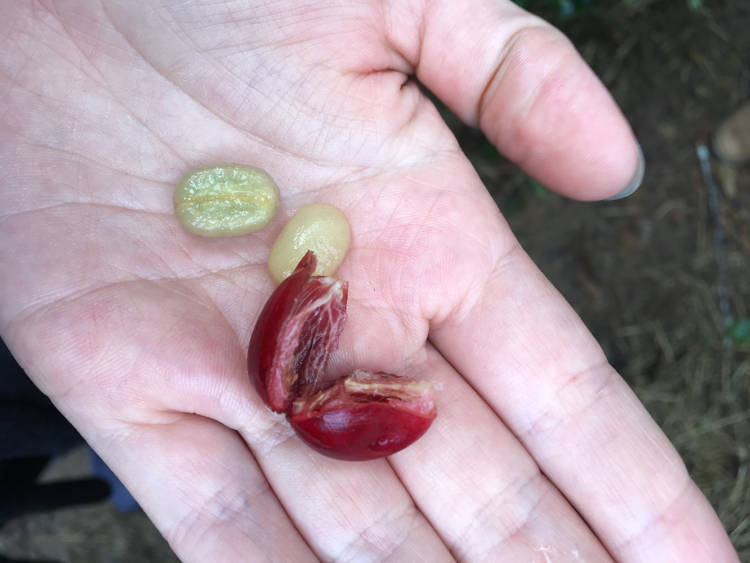
Was there financial support in the form of scholarships, awards, or similar?
In 2019, we were fortunate to receive the NRW Founder Scholarship. Otherwise, we are very grateful to our family, who supports us whenever we need them.
The social aspect is central, but how well can you make a living from your business?
At the moment, we are importing a container with approximately 20,000 kg of raw coffee. Since our founding, our customer base has been steadily growing. Now we have customers not only in Germany but also in the Netherlands, Austria, and Denmark. We aim for sustainable growth and plan to import another container in the future and reach more coffee roasteries. Once we achieve that, we have the opportunity to reduce company costs so that Juan and I can also live gently from our company.
Coffee or tea?
Coffee. We always enjoy our coffee very much. Several cups every day. Whether prepared in a French press or as a cappuccino in the portafilter.
4 Finkas, 2 associations you work with, how can this be precisely imagined?
A Finka is basically a farm that grows coffee. When we talk about Finka coffee, we refer to a farmer's coffee.
An association is a group of several Finkas that cultivate neighboring plots. The soil conditions and processing are the same. For our larger customers, we can import a larger quantity here, and the coffee is quite consistent over the years.
How can one imagine the lives of farmers in Peru?
The lives of the farmers we know are divided. On one hand, it's laborious. The day of the farmers in Peru starts very early and ends late. They perform physically demanding work. However, on the other hand, compared to our lives here, they live very relaxed. They are surrounded by nature, usually don't rush from one appointment to another, and mobile phones or electronics play only a small role.
How do you assert yourselves in the fair trade coffee market? What is innovative about your company?
In my opinion, Fair Trade started with a good idea. Ensuring fair payment and working conditions for the farmer. However, I think the range of products with Fair Trade labels has become so extensive that the organization can no longer precisely verify its initial criteria worldwide.
We work specifically with a manageable number of farmers and specifically in only one city so that we can stand 100% behind our product and our partner farmers. This traceability and trust in our farmers ensure that we offer high-quality raw coffee. Transparency, quality, and closeness to them (customers) are appreciated by our customers.
Who are your customers? Can one find your coffee on supermarket shelves?
Most of our customers are in Germany. They are mostly small coffee roasteries that share our values of sustainability and social responsibility. Some of our customers are represented in Edeka stores. We have a partner page on our website where some of our customers are listed. We also occasionally tag coffee roasteries we collaborate with on Instagram.
This portrait is based on an interview with Ellena Stumpf De Quiroz in October 2021 and was written by Janice Gust.
Click here for the startup's homepage.
